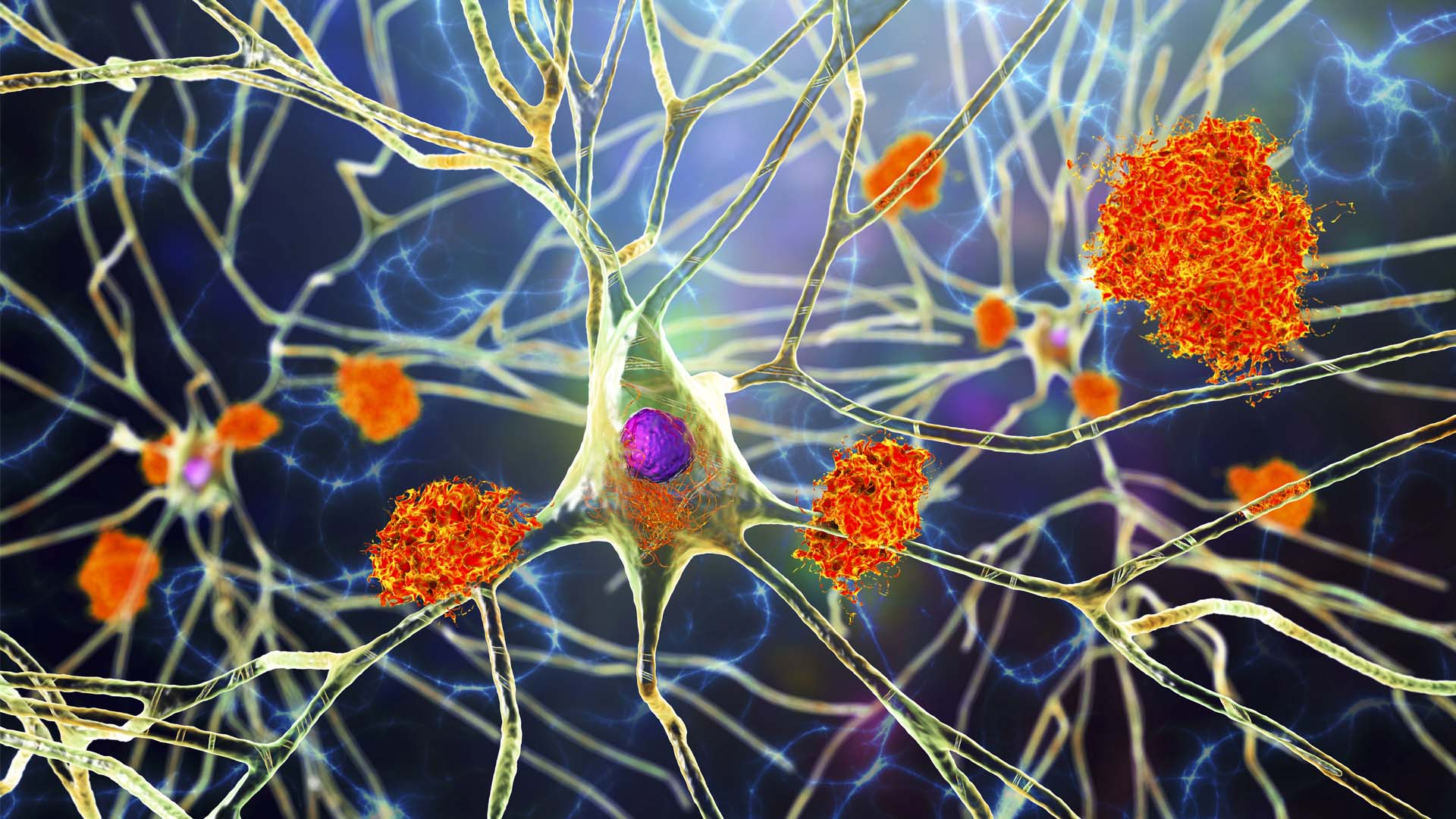
The ATN biomarker classification system helps in selecting participants for Alzheimer’s disease clinical trials. It defines where patients lie in the spectrum of Alzheimer’s disease, from mild cognitive impairment (MCI) to dementia, based on the presence or absence of combinations of three Alzheimer’s disease biomarkers: amyloid protein (A), tau protein (T), and neurodegeneration (N).
In a study published online on November 10 in Alzheimer’s & Dementia: The Journal of the Alzheimer’s Association, Ali Ezzati, M.D., and colleagues investigated ATN’s ability to predict dementia compared to three data driven models: advanced statistical modeling, artificial intelligence and machine learning techniques. Using data from 451 people with MCI, the researchers found that the data-driven models performed better that the ATN classification system in predicting which patients developed dementia. Biomarkers were found to be essential for those clinical trials involving participants who actually have the disease pathology that is being targeted by the intervention.
Dr. Ezzati is an assistant professor in the Saul R. Korey Department of Neurology at Einstein and is an attending physician at Montefiore Health System.
Posted on: Wednesday, December 08, 2021